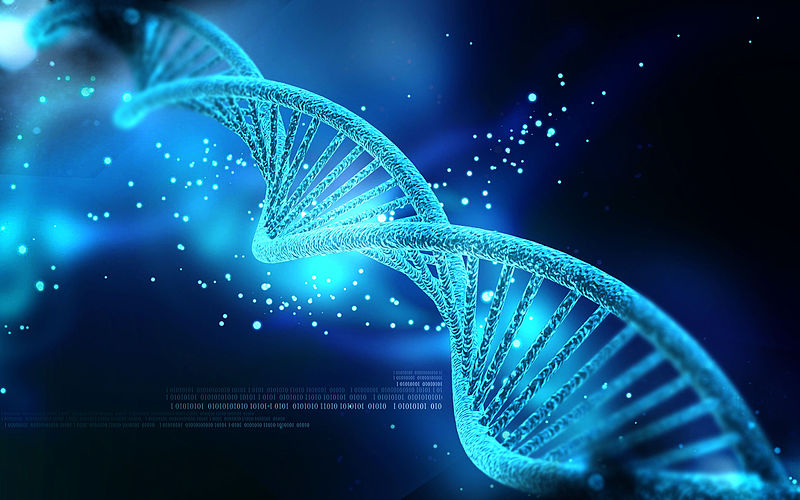Genetic testing is trending, but is it really worth it?
Ten years ago, it would cost you an arm and a leg to get your whole genome sequenced. More than 3 billion base pairs that make you what you are could be sequenced, analyzed and understood with $10 million. Today, with more advanced and efficient techniques, you can sequence your genome for less than $2000, a fraction of what it was before. Companies, such as 23andMe and AncestryDNA, have been taking advantage of these developments in technology. For less than $150, they offer to sequence portions of your genome that gives clues as to where your family may have originated and to ”discover the family story your DNA can tell.” Though I’m 99% certain of who I am, I would be lying if I said I wasn’t interested in knowing a little bit more. More than 15 million people who have paid for these tests certainly also think so. Well then what’s stopping me from spitting in a test tube and finding out?
For starters, there is no definitive way of knowing how accurate these tests are. The issue with testing ancestry through DNA is that companies compare your genome to a database full of genomes from people alive today. When you get your results back saying you are 60% Japanese, your DNA was tested against a genome database of people currently living in Japan. It does not tell you how your DNA compares against people who have lived in Japan in the past. It sounds minor, but with constantly changing demographics, movement of people and growing databases, your 23andMe results are anywhere from a close estimate, to results that could be entirely wrong. It’s hard to say where your ancestors may have actually lived.
Earlier this year, Gizmodo tested a human genome at three different companies; 23andMe, AncestryDNA and National Geographic. Each company’s tests ended up giving different results, some of them rather drastic. Each company uses different statistical techniques and analyzes different parts of your genome, so you won’t be finding any consistent results. Now that’s not to say that genome sequencing is a flawed science – that’s not true at all. What is flawed are the methods used to tell you where your family is from.
For many who have taken DNA tests, learning about their genomes has shaped their sense of culture and their sense of what they are. Companies are completely aware of this too. A couple of weeks ago, Spotify collaborated with AncestryDNA to give users custom playlists based on their DNA results. If AncestryDNA says you have Scottish DNA, Spotify will pull up traditional Scottish folk tunes. In the past AncestryDNA has shown ads of individuals doing a complete one-eighty on their identity. These companies are not just selling people their genealogy, they are also selling people a sense of cultural identity, and usually a misguided one. Forgetting the fact that most of these tests are inaccurate, it is important to keep in mind that your DNA is not your culture, nor your race.
Very recently, the science of genome sequencing has been turned into a tool, used to justify racial categories. Ironically, genetic testing tells us race is nothing but a social construct – 99.9% of everybody’s DNA in the world is the same. But it’s the tiny 0.1% of differences that can convince people otherwise. A study published in 2014 exposed individuals to news articles about ancestry testing. What researchers found was that these individuals left the experiment with deeper beliefs in racial differences. The alt-right and white supremacists have been testing their genomes to prove their “white-ness.” Now it would be fair to assume that a good portion of these people will end up finding out they’re not as “pure” as they think they are. Perhaps they may rethink their stance on racial superiority, right? It turns out most white supremacists tend to react less ideally. Some outright reject their results, going as far as claiming the testing companies are run by Clinton and the deep state. Others will give the same rationale I gave earlier – these tests aren’t 100% perfect. And for those that end up getting results labelling them as “Grade A certified white,” the DNA tests strengthen their beliefs.
We would have to wait a long time for commercial gene sequencing to be perfect. And we would probably have to wait even longer for racial biases to die off. There are certainly many reasons why you should give these DNA tests a shot, though, curiosity being one of them. But when you consider the (in)accuracy of your results and the message companies are trying to sell, perhaps you should keep your saliva in your mouth.
